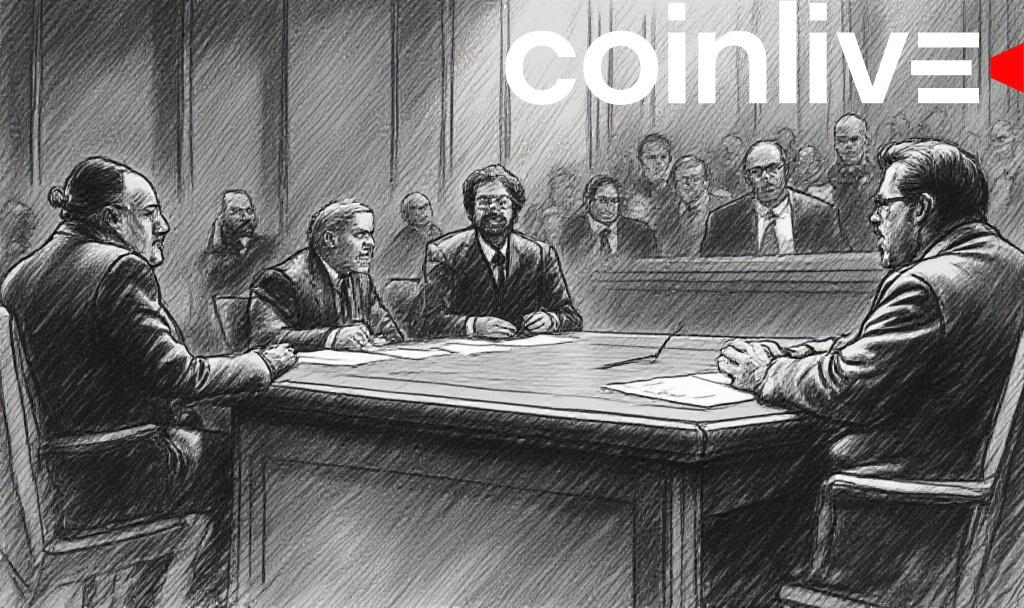- Ripple disassociates from Linqto amid share manipulation scrutiny.
- SEC and DOJ investigate Linqto’s equity practices.
- No direct impact on Ripple’s treasury announced.

Brad Garlinghouse, CEO of Ripple, emphasized there is no direct relationship between Ripple and Linqto, countering public confusion regarding ownership and sale of Ripple shares. Despite the 4.7 million Ripple shares Linqto holds, they were acquired through secondary markets, not purchased directly from Ripple. This matter underscores potential transparency issues in secondary trading markets.
“Understandably, there have been many questions from those who believed they were buying Ripple shares from Linqto, and what happens next… What we know from our records is Linqto owns 4.7 million shares of Ripple, solely purchased on the secondary market from other Ripple shareholders (never directly from Ripple).” – Brad Garlinghouse, CEO, Ripple
Linqto’s former CEO, William Sarris, is under investigation for inflating share values and selling shares without consents. Dan Siciliano, the new CEO, acknowledged past compliance issues, marking a shift in the company’s leadership and practices. These investigations spotlight regulatory concerns within the private equity sector.
The ongoing investigations by the SEC and DOJ target Linqto’s practices, potentially impacting retail investors who accessed Ripple shares through the platform. XRP, Ripple’s native token, remains mostly unaffected, although reputational risks linger. The scrutiny reveals broader concerns about secondary market disclosures and protection for retail investors.
Ripple maintains its operational independence from Linqto, and no funding from Ripple is linked to Linqto. Industry precedents suggest retail-focused secondary markets often face regulatory review, especially concerning investor protection. The case with Linqto mirrors past challenges in secondary markets, emphasizing the need for clear regulations.
The incident does not seem to affect other digital assets or blockchain technology directly. Ripple assured stakeholders of no changes to XRP‘s market status or technological framework. Regulatory actions might shape future secondary trading platforms by demanding enhanced transparency and accountability. Such proceedings highlight the critical need for reform in trading practices involving untraded equity.








